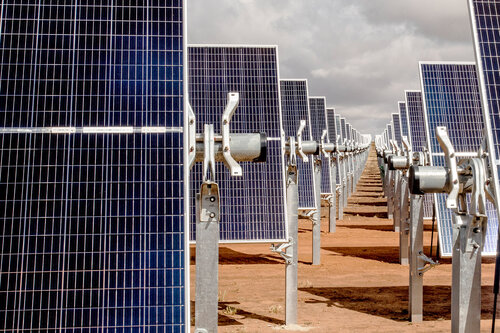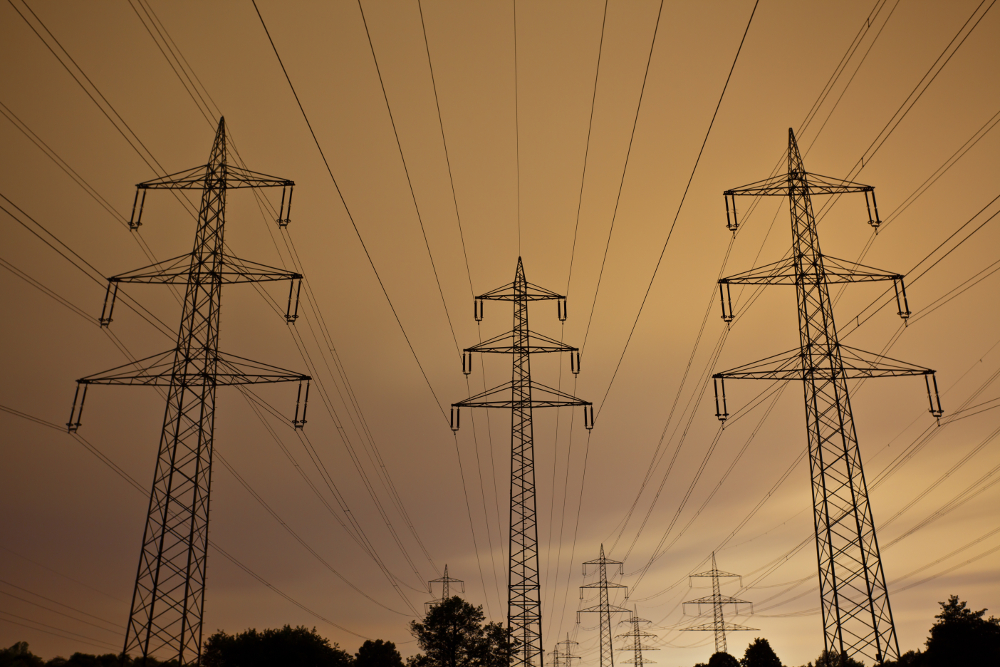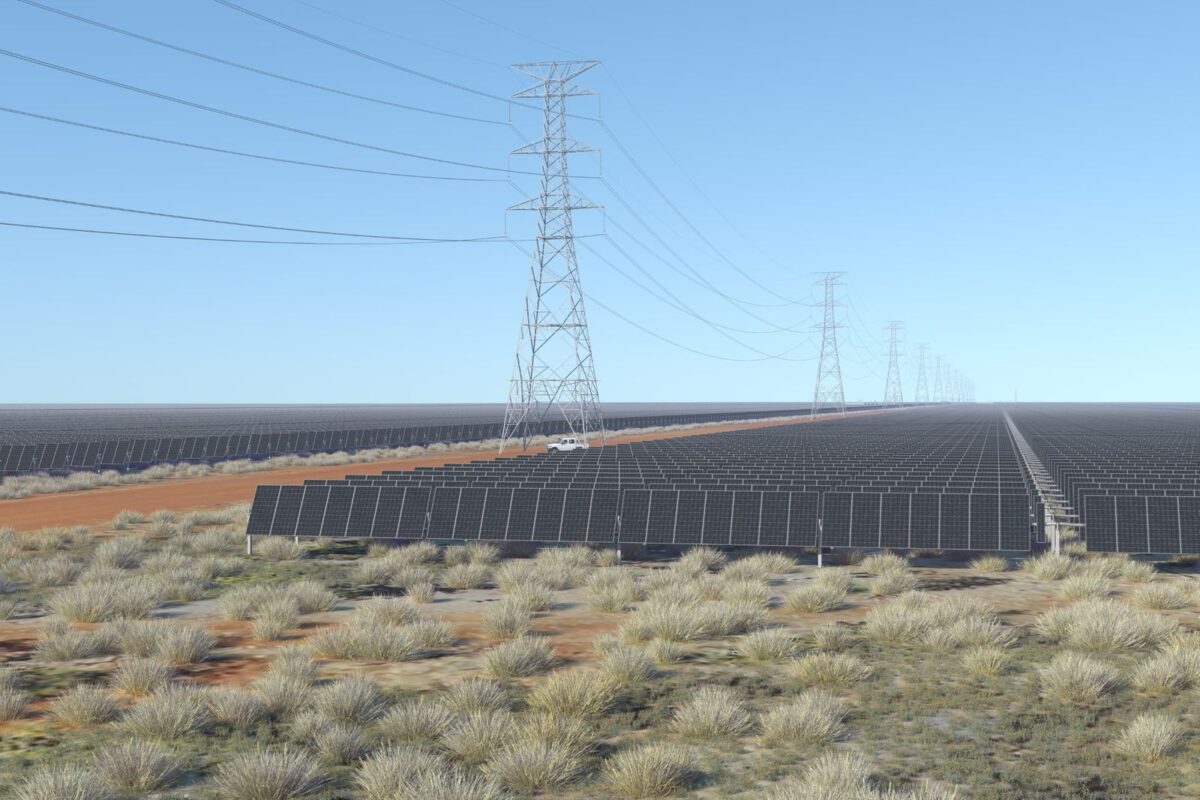The Clean Energy Investor Group (CEIG), representing investors holding more than $24 billion and more than 70 renewable energy assets, has urged federal and state governments to urgently implement market reforms to deliver the certainty required to manage grid access and congestion for new wind and solar projects.
CEIG chief executive Simon Corbell said renewable energy generators have been curtailed across the National Electricity Market (NEM) because of ongoing problems with congestion in the grid and warned a growing number of developers and investors are now looking offshore for better opportunities.
“Grid congestion is a handbrake to renewable energy investment and must be urgently fixed,” he said.
“Investors could not be any clearer: we need urgent reform to grid access and congestion management to ensure the uptake of future clean energy projects in Australia. Without this, investors will continue to see higher levels of risk in the Australian market.”
The CEIG, which represents 18 renewable energy developers and investors with a combined generation portfolio of 11 GW, said a recent survey of its members had highlighted that investors consider the risks associated with grid congestion had caused a 100 to 250 basis-point increase in the cost of equity for renewable energy projects in Australia compared to other OECD markets.
As a result, many investors are now focusing their attentions on the United States, European and Asian market instead of Australia.
The CEIG’s call for urgent regulatory action comes after the Energy Security Board (ESB) recently released its consultation paper on grid access and congestion management reform. Four models are shortlisted for feedback, including a Congestion Management Model (CMM) which would impose a cost on generators connecting into congested parts of the grid.
Project developers connecting to uncongested parts of the grid would receive priority rights under changes to transmission access intended to support Renewable Energy Zones (REZs) being developed in New South Wales, Victoria, Queensland and Tasmania.

The ESB’s proposed market reforms include a congestion management model.The CMM proposal has proven controversial and in its submission to the ESB’s latest consultation, the CEIG said the introduction of the model would likely lead to a “significant slowdown in new generation and storage investment”.
The CEIG has instead urged the ESB to support its alternative transmission queue reform proposal with congestion managed on a ‘last in, first curtailed’ basis with the most recent project connected to a congested part of the grid the first to face curtailment.
CEIG said its transmission queue reform would incentivise project developers to build new projects in parts of the grid with sufficient capacity, protect existing renewable generators’ ability to get their power onto the grid, and in turn deliver greater certainty for investors.
An information forum on the ESB’s proposed grid reforms will be held on May 26, with submissions on the paper due by June 10.
Corbell said investors will be watching closely with “urgent regulatory reform is needed to unlock Australia’s energy security”.
“Australia has no more time to waste,” he said. “The next three months will be vital to progress the detailed design of all shortlisted reform proposals before a recommendation is made to ministers at the end of this year.
“Getting reform right is critical to lower the cost of capital and therefore minimise the costs that will be paid by consumers for the generation, storage and transmission assets necessary for the energy transition.”
This content is protected by copyright and may not be reused. If you want to cooperate with us and would like to reuse some of our content, please contact: editors@pv-magazine.com.









2 comments
By submitting this form you agree to pv magazine using your data for the purposes of publishing your comment.
Your personal data will only be disclosed or otherwise transmitted to third parties for the purposes of spam filtering or if this is necessary for technical maintenance of the website. Any other transfer to third parties will not take place unless this is justified on the basis of applicable data protection regulations or if pv magazine is legally obliged to do so.
You may revoke this consent at any time with effect for the future, in which case your personal data will be deleted immediately. Otherwise, your data will be deleted if pv magazine has processed your request or the purpose of data storage is fulfilled.
Further information on data privacy can be found in our Data Protection Policy.